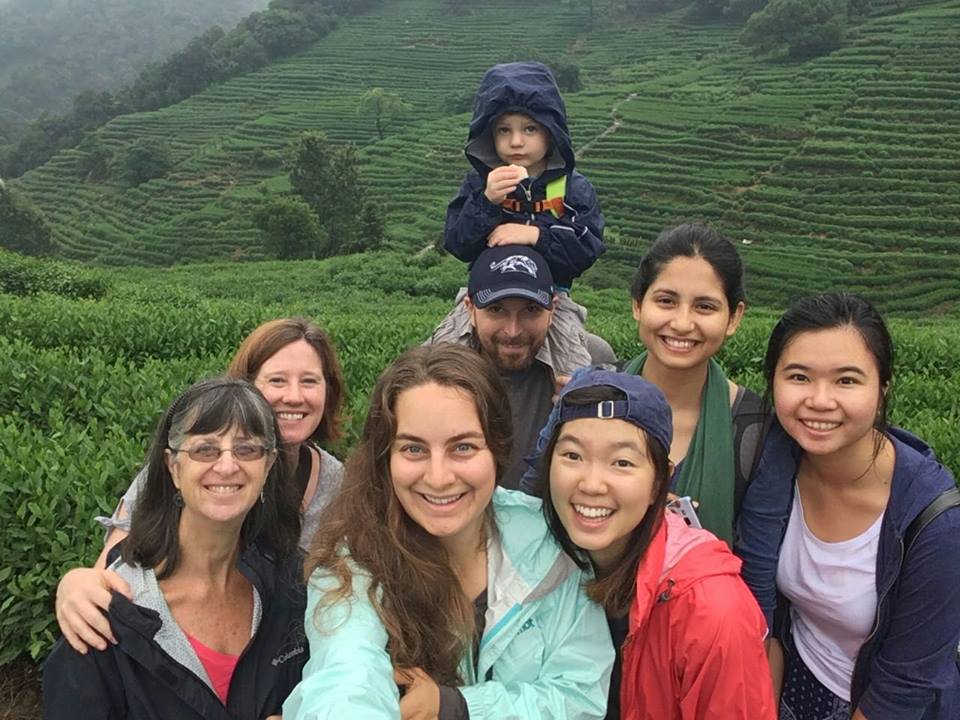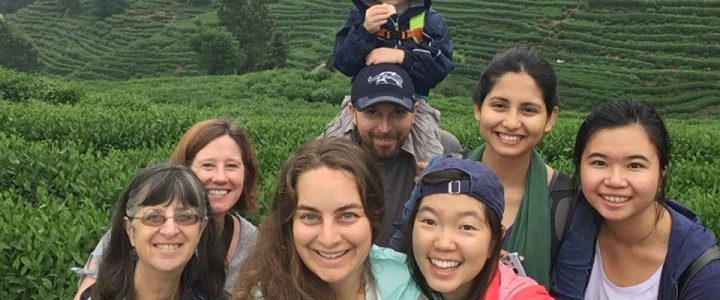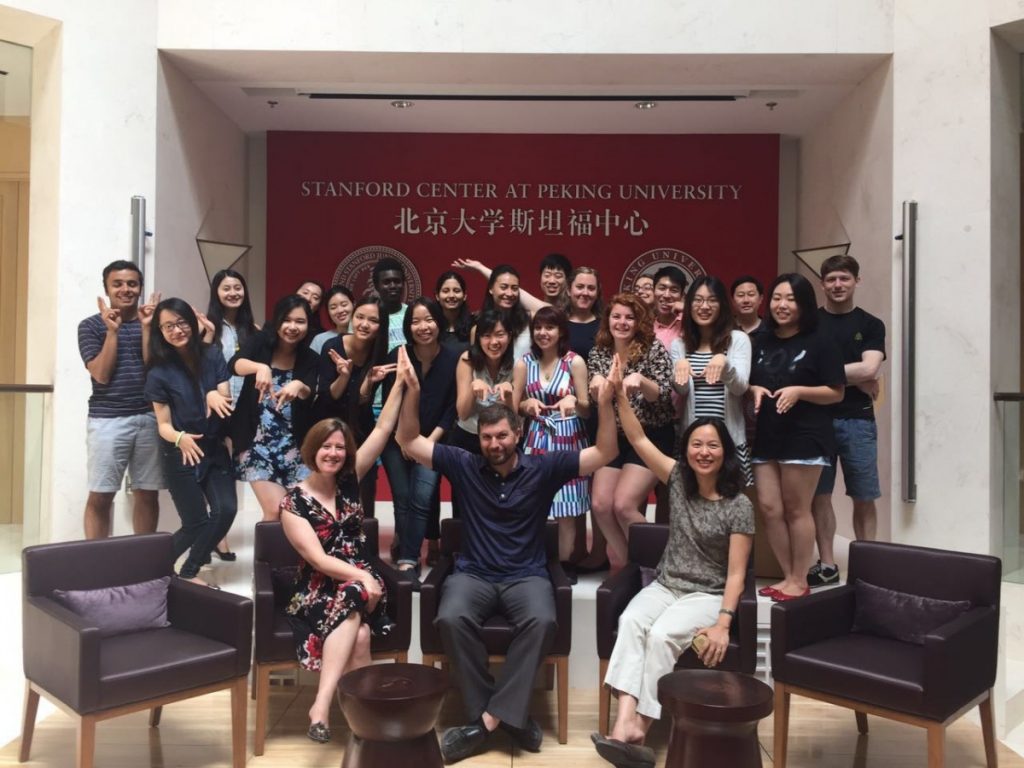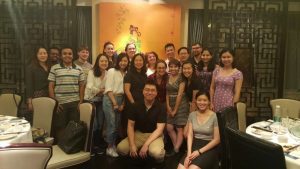Team Development and Innovation arrived in Hangzhou after spending a week in Beijing attending numerous academic talks arranged by Professor Teets, Lewis, and Liang. Our first week was completely full, mornings and afternoons. Of course, we raised our expectation and also thought that the research process in Hangzhou would go as smoothly as the first week.
We were very wrong. Team Education and Team Environment both ran into quite a handful of challenges because of the nature of field research and the research site that we had chosen. Team Education started diving into the project by initiating contacts with school administrators and local officials, hoping that they could provide first-hand experiences as experts in vocational education. The first time contacting a school, all team members sat around the interpreter, ready to record the meeting date and time. It was an empty call. We sighed but moved on to the next school on the list. This time, someone answered but said we need to provide an official letter proving that we are indeed researchers. Unfortunately, informing them that Middlebury College is partnered with Zhejiang University and our professors collaborate with several regional scholars was just not enough.
“Before coming to China, I knew that connection is important but I didn’t know that connection is everything,” said one of our team members. As outsiders, it’s already difficult enough to do research in China. It’s even more challenging because of the current political climate. President Xi Jinping’s Strike Hard campaign has made a lot of officials conservative. Many of them don’t want to draw any attention to themselves by talking to researchers from any foreign country. On top of that, Hangzhou is hosting a G20 conference where many countries around the world will come together to discuss international financial and monetary policies and global economic development. Thus, G20 has become Hangzhou local officials’ first priority. None of them was willing to talk to us. Not able to move forward was very frustrating.
The story doesn’t end right here. We kept on searching for more different avenues. Perhaps, the most valuable lesson we’ve learned is adaptability. Under the guidance of Professor Lewis and Teets, we switched our lane and started looking for scholars in the region instead. If one door is closed, somewhere out there another one is opened. Though cheesy as it sounds, it’s very true. Many phone calls later, we were able to talk to more school administrators, teachers, students and local officials because one door of opportunity opened up.
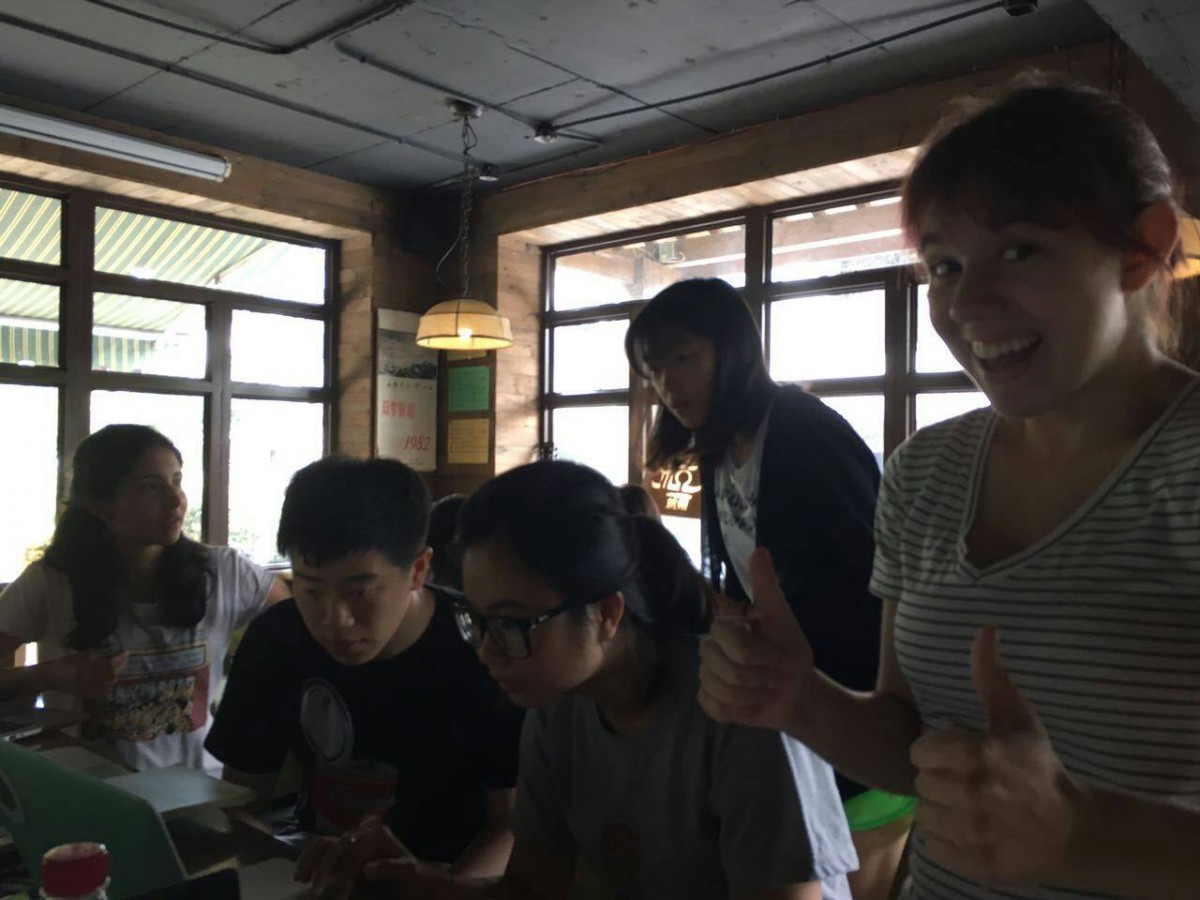
Of course, field research is not complete without experiencing the complex social interactions, cultural shock, customs and regional problems that we would never experience in a traditional classroom setting. The team has been making friends with the local people in the village we have been calling home. Many of us had never come face to face with duck tongues, chicken feet, pork blood and the horror of “Wifi is not connected” and “VPN is not detected”. Hangzhou is developing very drastically and it’s fascinating to see that this city is able to preserve artifacts and historical and scenic places. While constantly fighting the mosquitoes, humidity, and thunderstorms, we managed to visit Leifeng pagoda, Longjing tea village, Lianying temple, Xixi Wetland, Botanical garden and the most famous West lake.
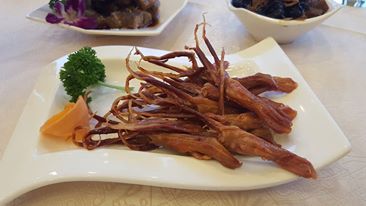

The last week is approaching and we will be analyzing the data that we collected. The team has been working incredibly hard. We research together, do laundry together, travel together, eat together, get frustrated together, get excited together and most importantly we have each other’s back when facing obstacles. Not only do we earn hands-on experiences as researchers, we also earn a team and a lifetime friendship.
